Airbus (AIB, Toulouse Blagnac) will pay EUR3.6 billion euros (USD3.98 billion) in a global bribery settlement involving AirAsia, AirAsia X, Citilink, Garuda Indonesia, SriLankan Airlines, and TransAsia Airways. It admitted it had used a network of secret agents around the world to bribe officials in order to win high-value contracts, the United Kingdom's Serious Fraud Office (SFO) said in a statement following a ruling at the High Court of Justice in London.
The European manufacturer agreed to pay the penalties on January 31 after reaching settlements with investigators in the UK, France, and the US, bringing to an end a probe that began four years ago.
“The seriousness of the criminality in this case hardly needs to be spelled out. As is acknowledged on all sides, it was grave. The conduct took place over many years. It is no exaggeration to describe the investigation it gave rise to as worldwide, extending into every continent in which Airbus operates,” said Justice Victoria Sharp as she approved the settlement.
Bribery was “endemic in two core business areas within Airbus,” namely the company's Commercial and Defence & Space divisions, she added.
The company paid bribes in Indonesia, Malaysia, Sri Lanka, Taiwan, and Ghana, the latter for the sale of military aircraft, between 2011 and 2015, Allison Clare, representing the SFO, told the court.
Airbus, which admitted five counts of failing to prevent bribery, used a network of agents to pay the bribes. The settlement comes just under four years after the SFO began investigating the manufacturer over “allegations it had used external consultants to bribe customers” to buy its aircraft, the statement said.
Under the record-breaking deal, known as a Deferred Prosecution Agreement (DPA), Airbus has agreed to pay a fine and legal costs amounting to EUR991 million (USD1.1 billion) in the UK as part of a total of EUR3.592 billion (USD3.975 billion) in global corruption fines involving authorities in France and the United States, according to Reuters.
This includes EUR2.083 billion (USD2.3 billion) to the French National Financial Prosecutor’s Office (Parquet National Financier - PNF) and USD581,840,000 to the US Department of Justice and Department of State.
Justice Sharp ruled that the sum reflected “the gravity of the conduct, the full cooperation of Airbus SE in the investigation, and the programme of corporate reform and compliance put in place by new leadership at the top of the company.” Airbus has agreed to full cooperation with the SFO and its partners in any future investigations and prosecutions.
The SFO is still considering whether to prosecute individuals involved in the bribery, Clare told the court. Sue Hawley, executive director of Spotlight on Corruption, told The Guardian newspaper: “This fine will ring extremely hollow if prosecutions of those responsible from Airbus senior management at the time of the wrongdoing do not follow.”
In the US, the charge under the Foreign Corrupt Practices Act (FCPA) arose out of “Airbus’ scheme to offer and pay bribes to foreign officials, including Chinese officials, in order to obtain and retain business,” a January 31 Department of Justice statement said.
“Airbus engaged in a multi-year and massive scheme to corruptly enhance its business interests by paying bribes in China and other countries and concealing those bribes,” said Brian Benczkowski, assistant attorney general in the department’s Criminal Division.
On February 1, Malaysia’s AirAsia denied the SFO's allegations that Airbus had bribed two of its executives USD50 million during a deal to buy 180 aircraft between 2005 and 2014. The sum was allegedly “paid to directors and/or employees of AirAsia and AirAsia X airlines as sponsorship for a sports team” jointly owned by the two executives, the UK court documents said.
AirAsia said in a statement to Reuters: “The entering into of each aircraft purchase agreement was never made by any single individual decision, but instead arrived at through careful evaluation, deliberation, and the collective decision of the board members after taking into account technical specifications, aircraft flight performance, and operating economics.”
It added: “We also wish to emphasise that all negotiations and dealings leading to the signing of any aircraft purchase agreement have been undertaken directly with Airbus on an arm’s length basis, and without the involvement of any third parties or intermediaries.”
AirAsia then issued a statement on behalf of Group Chairman Kamarudin Meranun and Group CEO Tony Fernandes who, on February 3, resigned from their respective roles for a period of two months. For the duration of the period, both have now assumed positions as non-executive board members of AirAsia Group.
The DPA was “arrived at without any reference to us; neither were any explanations sought from us. This is in clear violation of fundamental legal principles of fairness. We categorically deny any and all allegations of wrongdoing or misconduct on our part as directors of AirAsia. We would not harm the very companies that we spent our entire lives building up to their present global status,” the statement said.
“So as to facilitate a full and independent investigation by AirAsia, we are relinquishing our executive roles with immediate effect for a period of two months, or such other period that the companies may deem fit. We will nonetheless continue to assist AirAsia in an advisory capacity as and when required. Finally, we welcome any investigations by the authorities and will extend our fullest cooperation.”
Another of the alleged bribes was agreed with a senior executive of Panama-based Avianca Holdings ahead of the sale of one hundred A320-200N in April 2015, according to France's anti-corruption agency (Agence française anticorruption - AFA). However, the executive never received the money, as Airbus froze payments to a Colombian sales intermediary in 2014.
Avianca said it had hired Ropes & Gray, a Boston-based international law firm, to make an independent investigation into its relationship with Airbus. It will “fully collaborate” with the relevant authorities, it added.
“Airbus’s disclosure contains deeply concerning information regarding alleged actions by an individual at Avianca in the period prior to March 2016. Our current management team strongly rejects any conduct that does not reflect integrity and transparency in business in general, and in particular towards Avianca,” said Anko van der Werff, Avianca Holdings' president.
On February 3, Sri Lankan President Gotabaya Rajapaksa ordered an investigation into the allegation that Airbus offered up to USD16.84 million to SriLankan Airlines to influence the purchase of ten aircraft and the lease of an additional four, according to local media. The sum was allegedly paid to a company registered in Brunei in the name of the wife of an airline executive.
On the same day, Sri Lankan Attorney General Dappula de Livera directed the Criminal Investigations Department to arrest former SriLankan CEO Kapila Chandrasena and his wife Priyanka Niyomali Wijenayaka on charges of money laundering in connection with the Airbus deal, the Colombo Gazette reported.
The airline released a statement on February 2 that it would “cooperate fully with any governmental agency in the event of any investigation/prosecution. The management has also been directed to preserve and study all available internal documentation with a view to take all possible corrective future action.”
In Indonesia, as previously reported, the Corruption Eradication Commission (Komisi Pemberantasan Korupsi - KPK) has alleged that Rolls-Royce, Airbus, and Bombardier Aerospace paid bribes totalling IDR46.3 billion rupiah (USD3.4 million) to Emirsyah Satar, a former chief executive of Garuda Indonesia, in relation to the acquisition of A330-200s, A330-300s, and CRJ1000ERs for the carrier, as well as A320-200s for its subsidiary Citilink. Satar is currently on trial in Jakarta.
In Taiwan, TransAsia Airways ceased operations in 2016 and, as such, was not immediately available for comment.
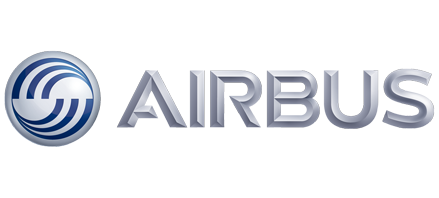
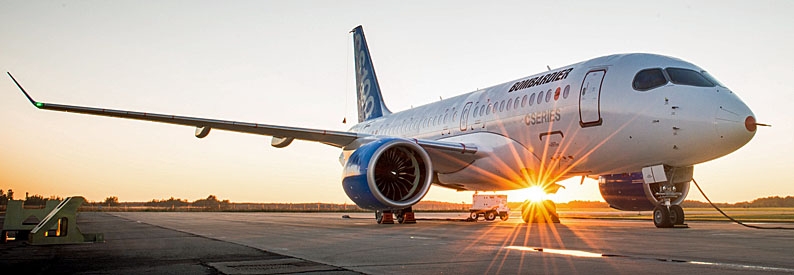


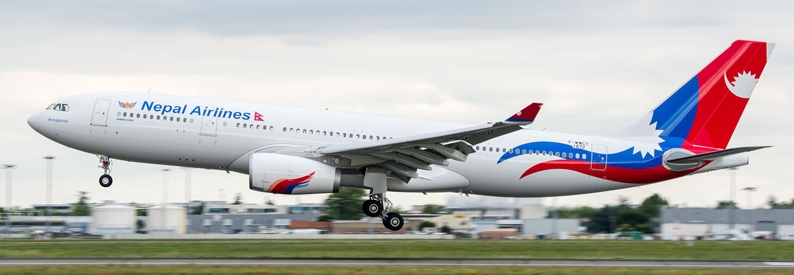
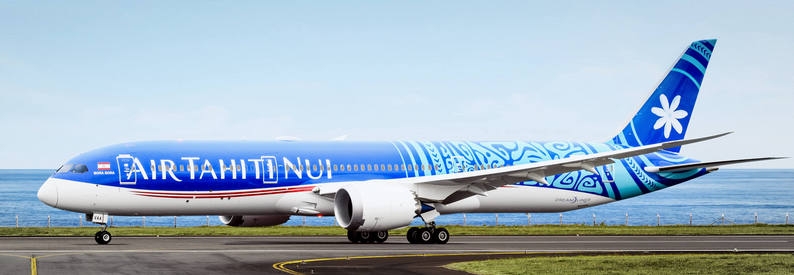
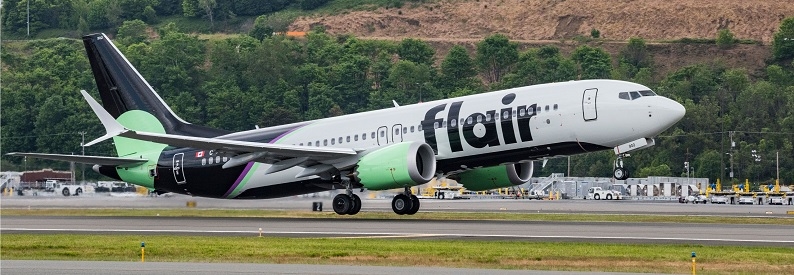
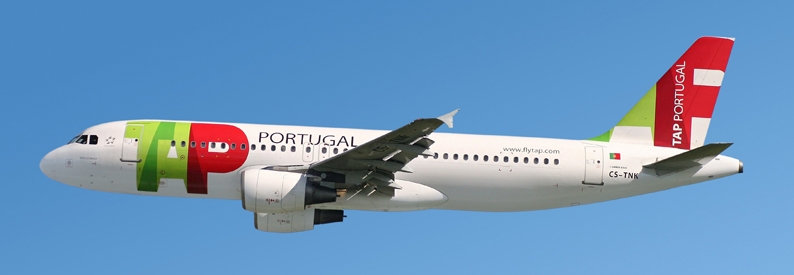
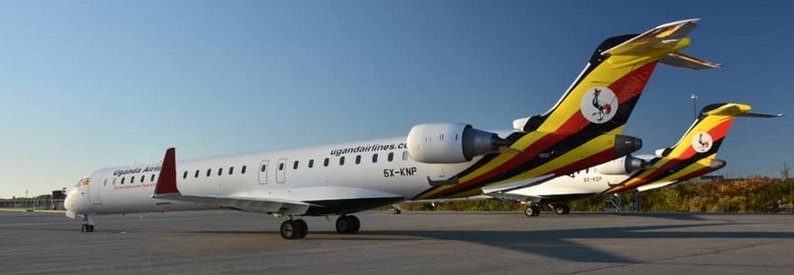
Editorial Comment: Avianca comments added - 04Feb2020 - 15:03 UTC